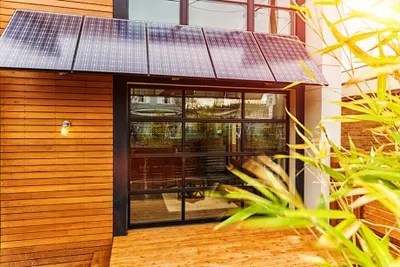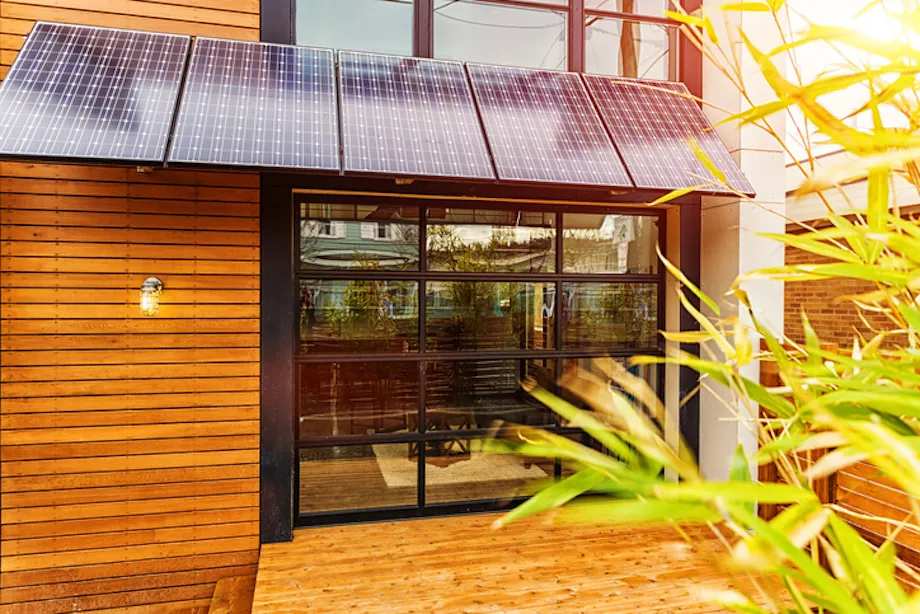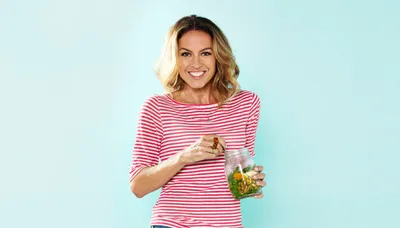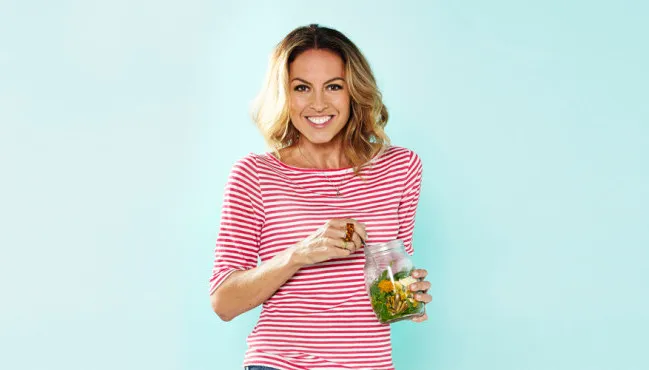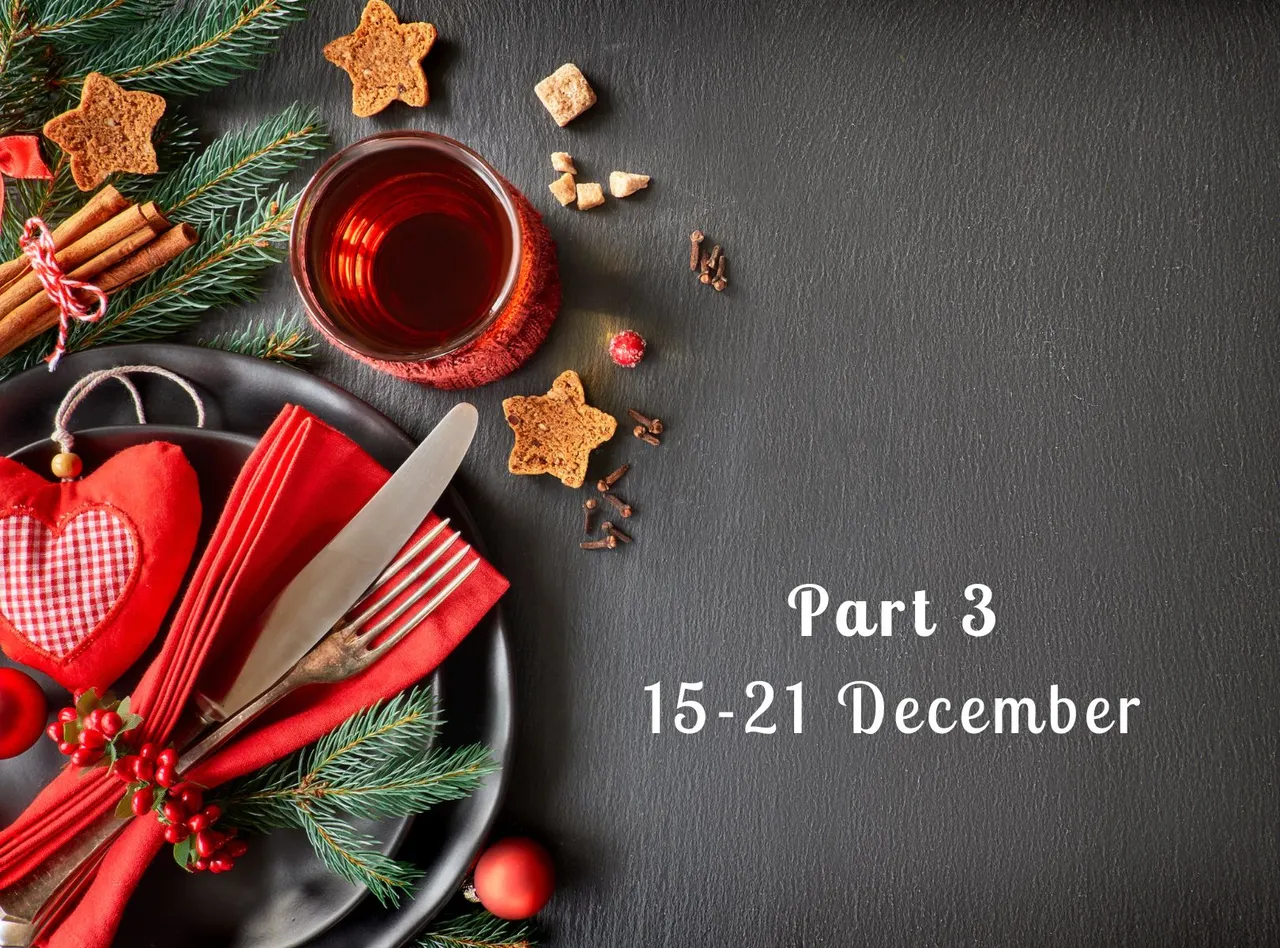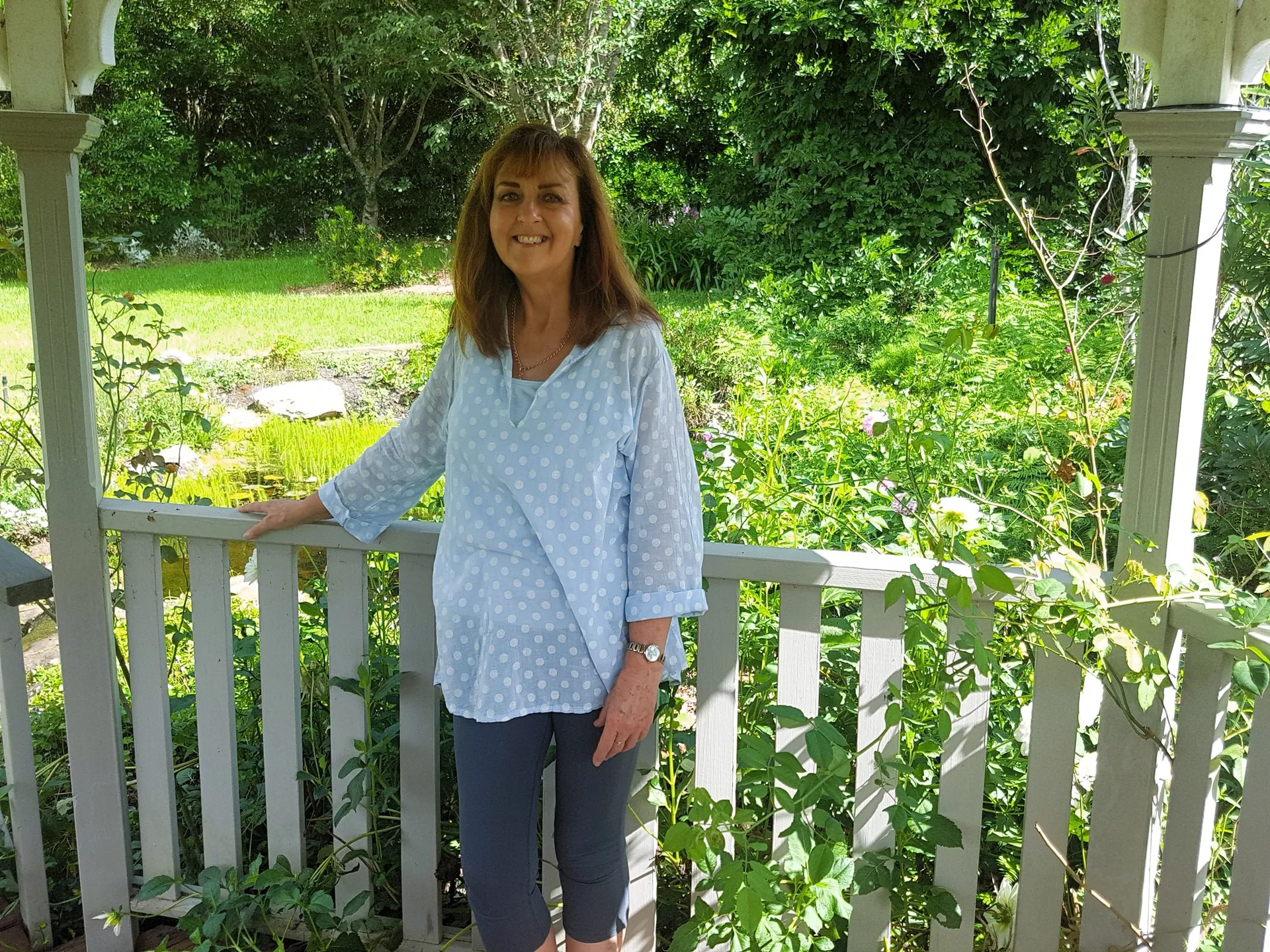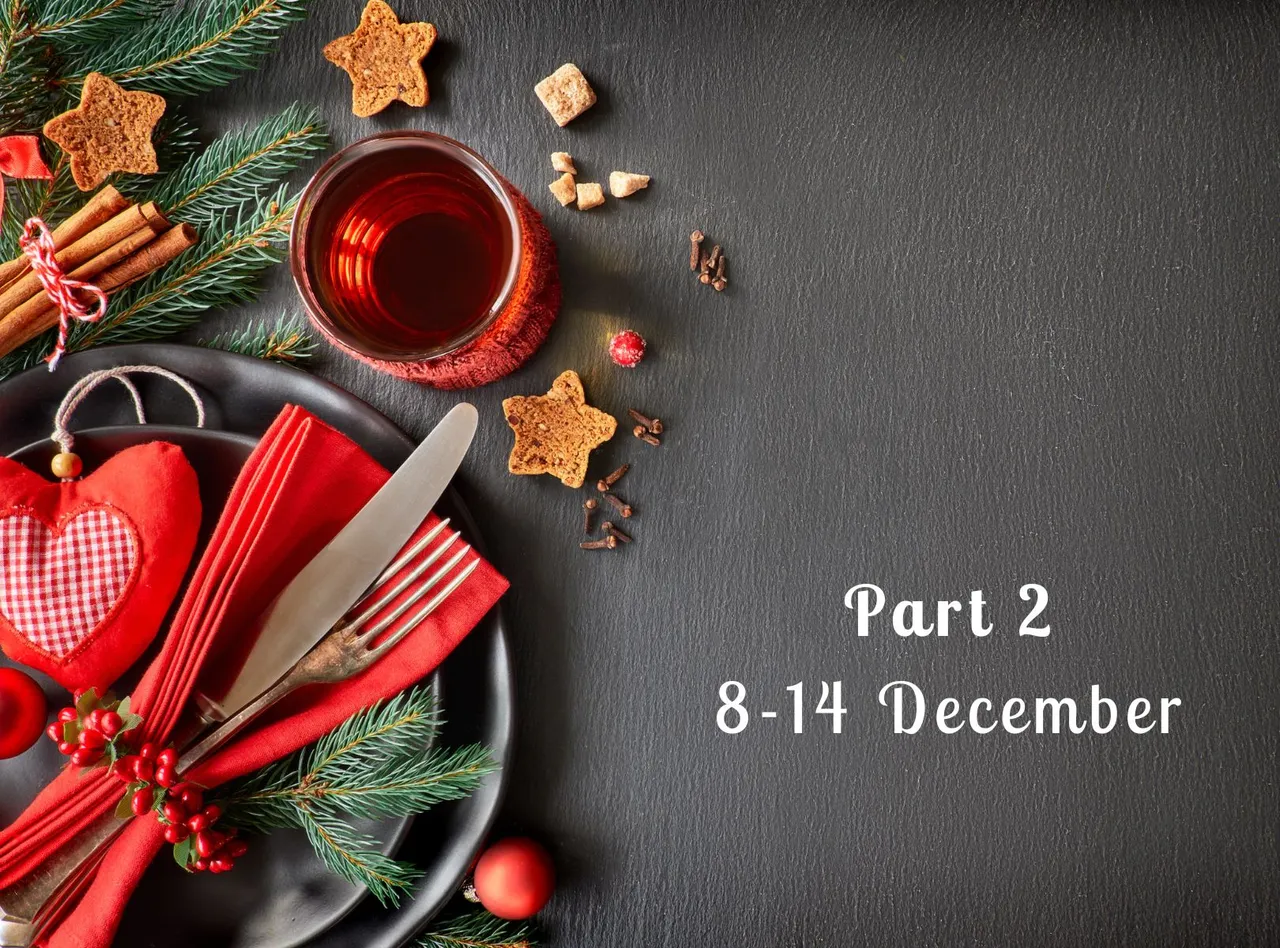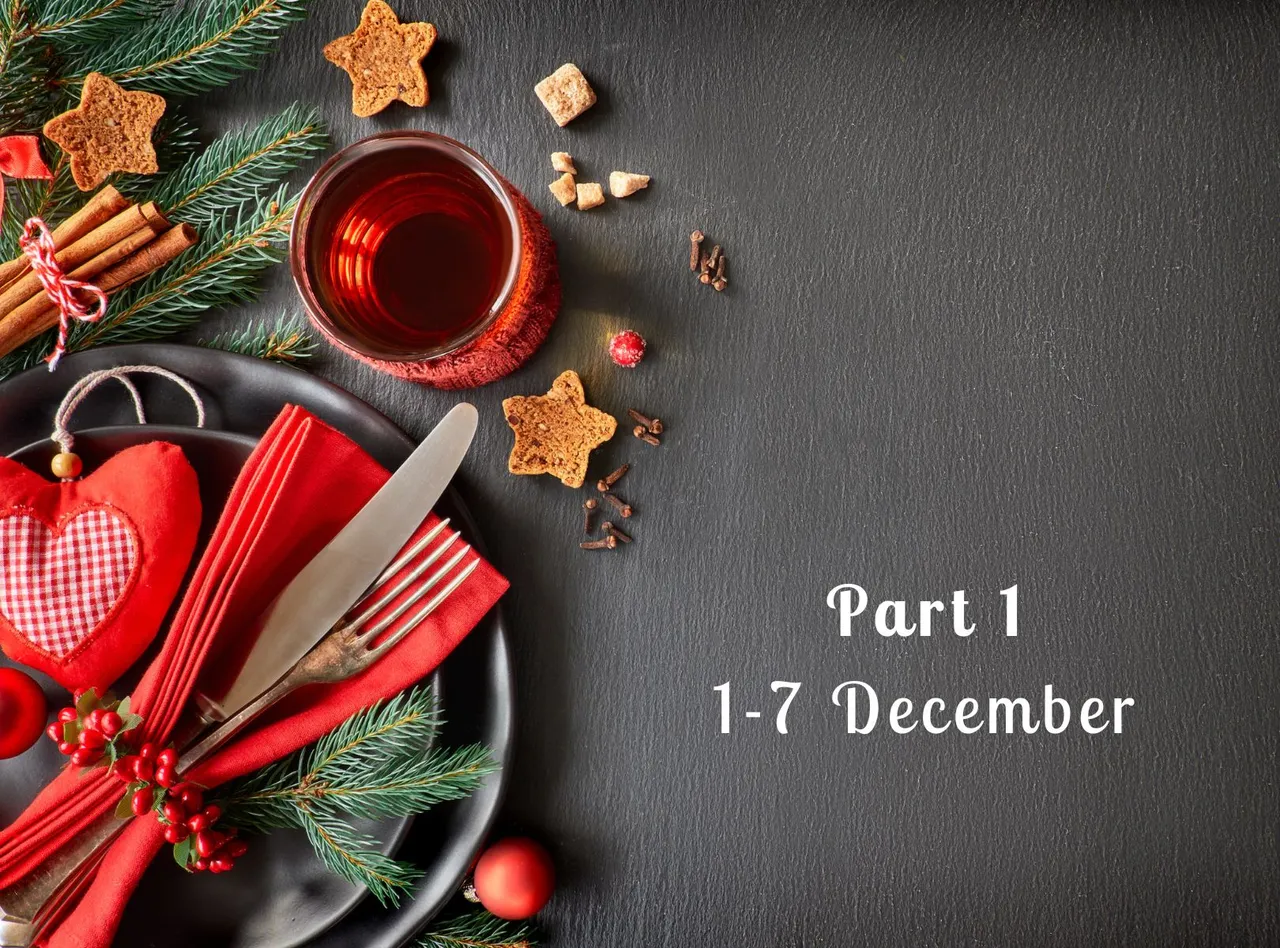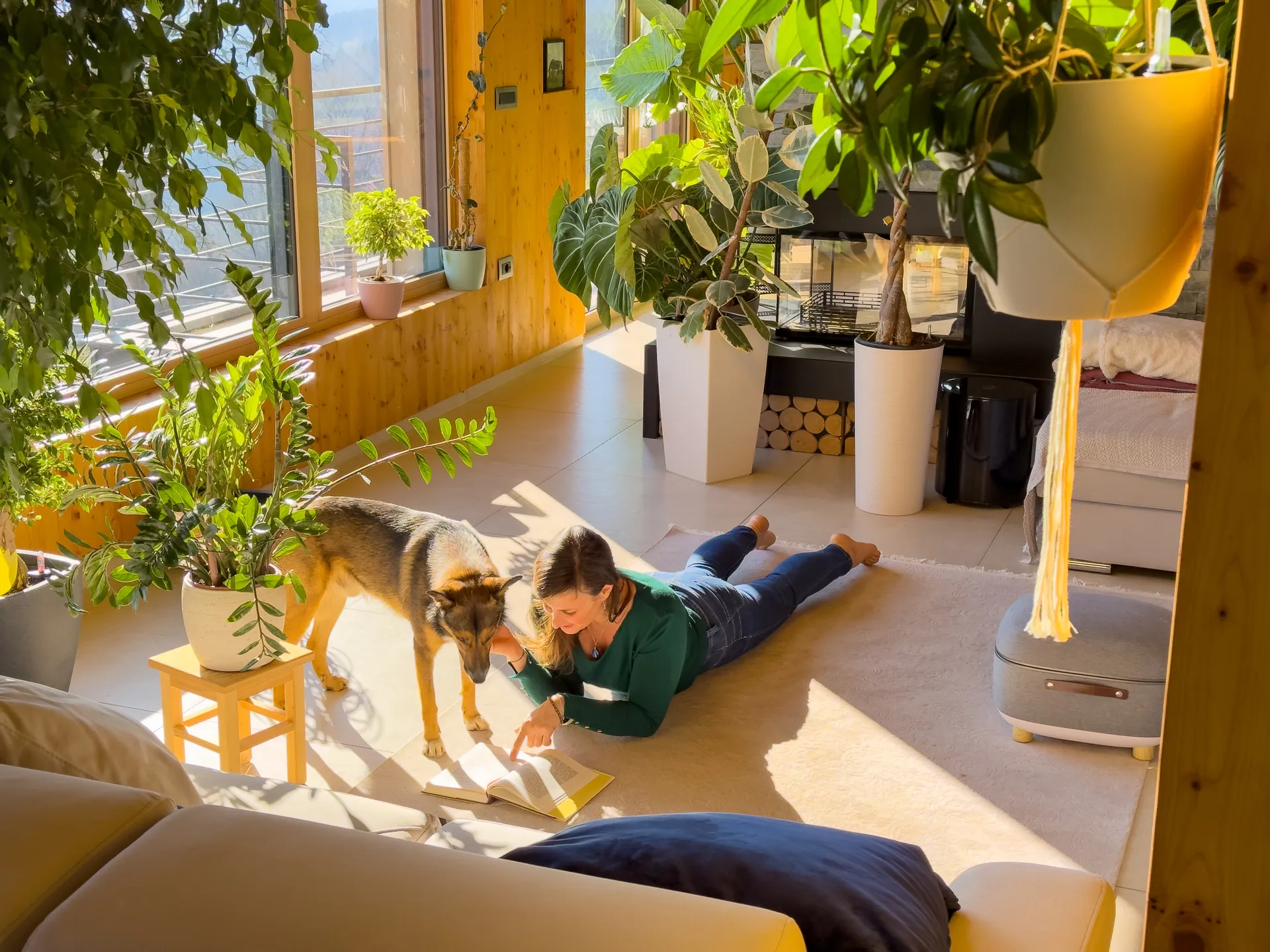My Simplicious food waste cheat sheet for trolls
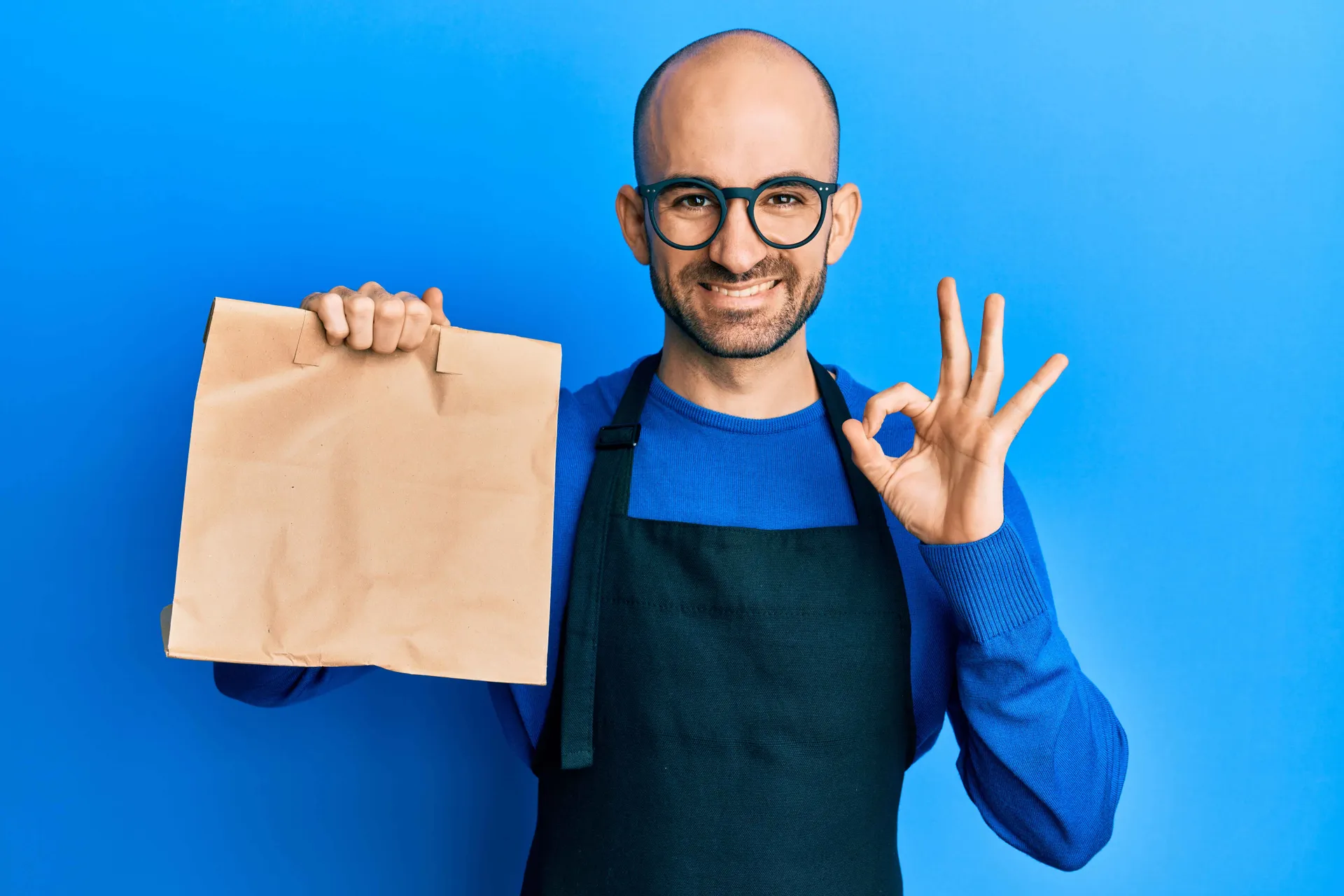
It would seem my latest book, I Quit Sugar: SIMPLICIOUS, is a little contentious
It would seem my latest book, I Quit Sugar: SIMPLICIOUS, is a little contentious. The fact I advocate doggie bags, double dunk my teabags, and cook up my friends' fish bones into stock apparently leaves some a little uncomfortable.
In fact - and this astounded me when I heard - I got wind a few weeks back that two major news outlets were wanting to do a "tear down" of my sustainability message. Why? For sport? Clicks? Because food sustainability is such an obnoxiously wrong idea? Eating beetroot leaves: offensive? Or good sense?
I like to be on the front foot. And I like to calm the Zeitgeist, rather than inflame.
To this end, I figured it could be good to get in with a guide to the issue for anyone planning a shredding of my message. I'm not too fussed if folk go after me. I'm old, hardened and have techniques for dealing with such trolls and snippities. But I'd really rather the importance of the food wastage issue not get sullied by incorrect information.
Feel free to onpass to snippities, doubters and shredders in your orbit. Or copy and paste to forums where light might need to be shed.
Food Waste: A Cheat Sheet of responses
"Seriously. You think food waste is an issue?"
It sure is. Globally, 1.3 billion tonnes of edible food is wasted per year. The organization FutureFood2050 estimates up to 50 per cent of food produced for human consumption in the world is never eaten.
"Aren't there bigger eco battles to fight? Like car pollution?"
Nope.
Food wastage is the biggest pollution issue on the planet.
It's a double whammy:
- The production, packaging and transportation of the food wasted generates 3.3 billion tonnes of greenhouse gases each year, making food waste the biggest carbon emitter after China and the US.
- Wasted food that ends up in landfill also produces greenhouse gases. In fact, the methane gas produced when food rots is 25 per cent more potent than the carbon pollution coming from cars.
Sure. But the facts are these:
- There are already 795 million people in the world who do not have enough to eat.
- The world's population will exceed nine billion by 2050.
- The UN Food and Agriculture Organisation estimates that food production will need to increase by 70 per cent to cover this.
- The situation is even worse in Australia because we are subject to extreme weather conditions. The Climate Council estimates that by 2061 Australia's domestic demand for food could be 90 per cent above the levels they were in 2000 (Climate Council figures released as of Oct 2015).
Well, hello…guess who are the biggest contributors to the issue? Not supermarkets, not farmers…nope.
Consumers - yes, us! - cause 50 per cent of the food wastage calamity.
The average Australian household throws out 20 per cent of their groceries - that is 1 in 5 shopping bags. Straight into the bin. Hmmm, maybe you waste more than you think.
"Doggie bags are illegal"
Actually, no. Not in most places in the world, including Australia. I've talked about this before and I am happy to tell you again: asking for a doggie bag is not illegal in Australia, as outlined in the various state and territory Food Acts. If you want to nerd up, you can click to the respective Acts for Western Australia, Queensland, New South Wales, Northern Territory, Victoria and South Australia.
"I don't want to get food poisoning!"
Well, be attentive, then. Simply get the doggie bag leftovers to a fridge within 2 hours and keep it there for no more than 4 days before eating. This is my 2:4 Doggie Bag rule.
Oh, and reheat it in the microwave for at least 2 minutes until it's steaming hot (above 75° C).
The past week or so I've had people share their alarm I take home fish from restaurants, sharing food poisoning stories. When questioned, turns out they got food poisoning from an original meal eaten (ie not doggie-bagged and repurposed). Presuming you didn't get food poisoning from the original meal, the great news is this: when you take a doggie bag home YOU are in control of the safety of the food.
I have been doing doggie bags and eating leftovers for most of my life AND I am one of the only people I know who's never had food poisoning AND I have a very sensitive gut, as many of you know.
"Gross…eating food past its "best before"date"
Most people don't know the difference between "best before" and "use by" dates. The "use by" date tells you when a food must be eaten, for health and safety reasons. "Best before" gives a rough indication of when it's best to eat. Many countries have actually removed the "best before" date because they cause totally unnecessary food tossing. I ignore them. You should, too.
"Scabby…eating discounted meat!"
If meat is marked down because its "use by" date is approaching, buy it and freeze it (thus preventing it from being tossed by the supermarket in a few days). The quality will be preserved instantly. (And here's a website that can help you gauge whether your food is still safe to eat.)
"You're asking us to do stuff that's downright embarrassing"
To this I say, get over yourself. See above as to the importance of the issue at hand.
"You cook bones people have chewed on?"
Let's defer to logic here. I take said bones to make stock, which entails boiling the bejesus out of said bones. No germs will remain. Researchers estimate that meat production causes about one-fifth of all global greenhouse gas emissions. If picking off chicken bones from other people's plates means I can stretch out one chicken to 15 meals, hence getting the best economic as well as environmental value out of it, I happily accept your frown."
"Who can be bothered?"
To which I say, I'm almost speechless. But not quite. The beauty of cooking and living with a food waste mindfulness is that you save a lot of time doing unnecessary trips to the supermarket. This time can be spent boiling a few bones.
"You reckon this is actually a trend?"
Yes, indeed. The New York Times recently reported that 'leftovers' ranked ninth on the top 20 food trends in 2015. Recently, chefs turned juicing pulp into "vegetable burgers" at a UN Headquarter working lunch…on the topic of…climate change! And Dan Barber, the man behind the Michelin Star Restaurant Blue Hill in Manhattan, also serves food scraps in his pop-up restaurant "wastED" (more on this soon).
"It's the government's responsibility to do something about it"
In part, yes. But the point is, consumers remain the biggest contributors to the issue. That said, Governments around the world are joining the fight. The US government recently set its first ever goal to reduce food waste by 50 per cent by 2030. France recently established a National Pact to halve food waste by 2025. Part of the measure is a law that obliges supermarkets to give unsold food to charities.
Categories:
